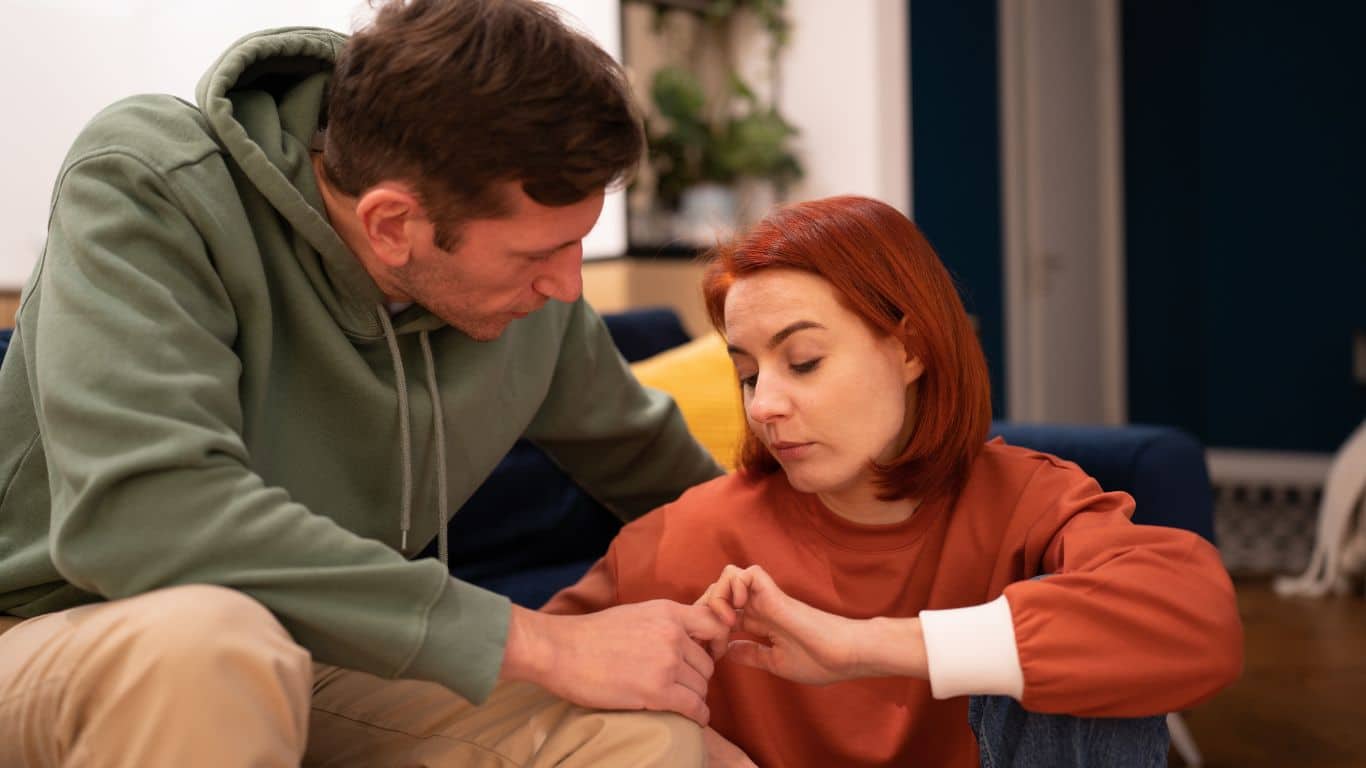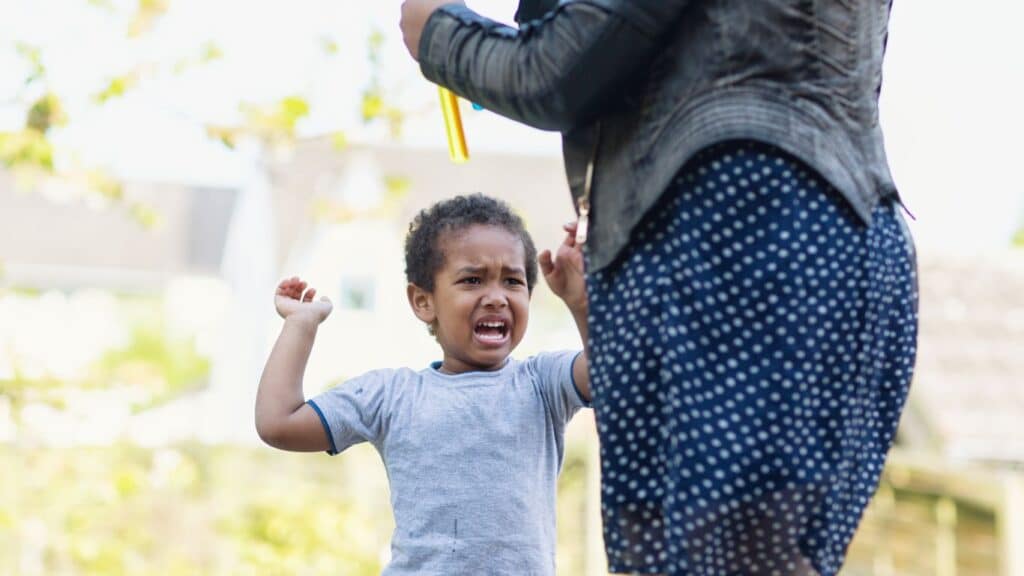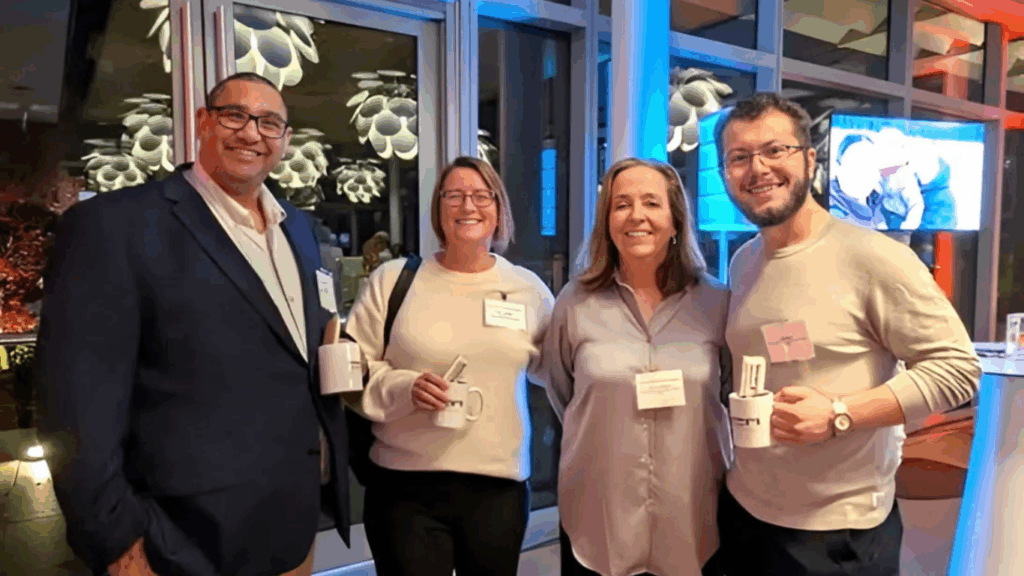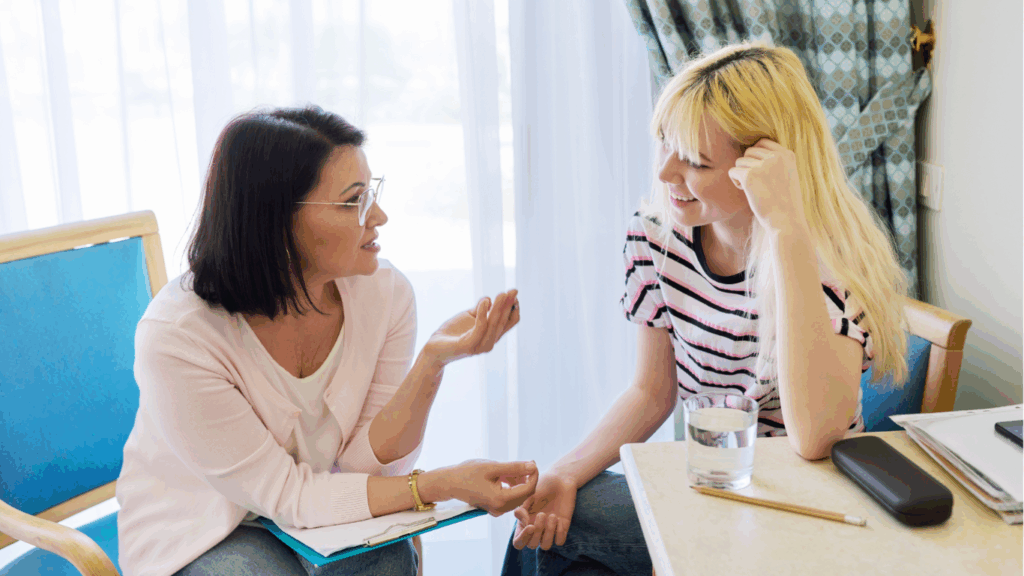This article explores what open adoption really means and how it can benefit everyone involved.
My wife and I are looking to adopt. We’ve been told that open adoption is the trend these days. Just how open is open? I’m concerned that the birth mother will take over our lives and that our child won’t know who his or her birth parents are. I think the closed system is better for children and parents.
Some degree of openness is commonly practiced in all BC adoption placements. Still, many prospective adoptive parents are unfamiliar with the concept of open adoption. In the past, it was believed that secrecy was necessary to protect the parties involved, particularly in light of attitudes toward “illegitimate” children, but now attitudes have changed. Many experienced with adoption practices draw a distinction between openness in adoption (or semi-open adoption) and true (fully) open adoption. Openness includes a broad range of communication between adoptive parents, adoptees, and birth parents. It can include exchanging letters and pictures; meeting but only exchanging first names; communicating through an intermediary such as an adoption agency; or any number of variations short of a fully open arrangement.
A fully open adoption includes adoptive parents and birth parents meeting, exchanging full identifying information, and maintaining ongoing contact over time. The exact form and frequency of communication are determined by the parties involved. Some even suggest that in open adoption, the birth family becomes an extended family to the child and the adoptive family.
To many prospective adoptive parents, limited openness makes sense, but the notion of open adoption often seems, well, just too far out. Before adopting our son, my wife and I felt that way ourselves. But, like many other adoptive parents who have experienced open adoption, our fears disappeared once we met our son’s birth mother and had a chance to get to know her and our son’s birth grandmother.
Reality has dispelled the fears and given us a real sense of closeness toward these “extended family” members. Sure, it’s not a perfect relationship. As with other family members, you need to set reasonable boundaries, but our son’s birth mother and birth grandmother have been very respectful toward us. The birth mother recognizes that we are the parents, and that is what she wants us to be. We, in turn, are not worried that she will try to kidnap our son or that she wants him back.
In the long run, we believe that this relationship is best for our son. He has unlimited access to information about his birth family’s past so that any natural curiosity about his heritage can be addressed. There is no need for him to become obsessed with unanswered questions. If he ever experiences a health crisis, we have not only written medical history but access to detailed information from his birth parents. He has permission to care about his birth parents and develop a relationship with them, if he wishes, without feeling guilty or worrying that his adoptive parents will not understand. He will also have a strong sense of belonging within our family since he will know that his birth mother selected us to raise him and placed him in my wife’s arms. Because it is better for him, it is better for us as adoptive parents. We do not have to deal with unknown birth parents who develop mythical characteristics in our minds or the mind of our children over time. It is also better for our son’s birth mother. I am sure she has and will continue to grieve over the loss of her son, but she will be better able to deal with those feelings in the context of open adoption. She had the opportunity to make choices, plan for her child’s future, and choose the parents who would raise him. Over time, she will know that her son is thriving in a good home.
Many of the ideas included here are expressed in “Children of Open Adoption” by Kathleen Silber and Patricia Martinez Dorner.
Bruce Regier is a social worker with Hope Pregnancy and Adoption Services and father to four children, two through adoption. He can be reached at (604) 850-1002.





